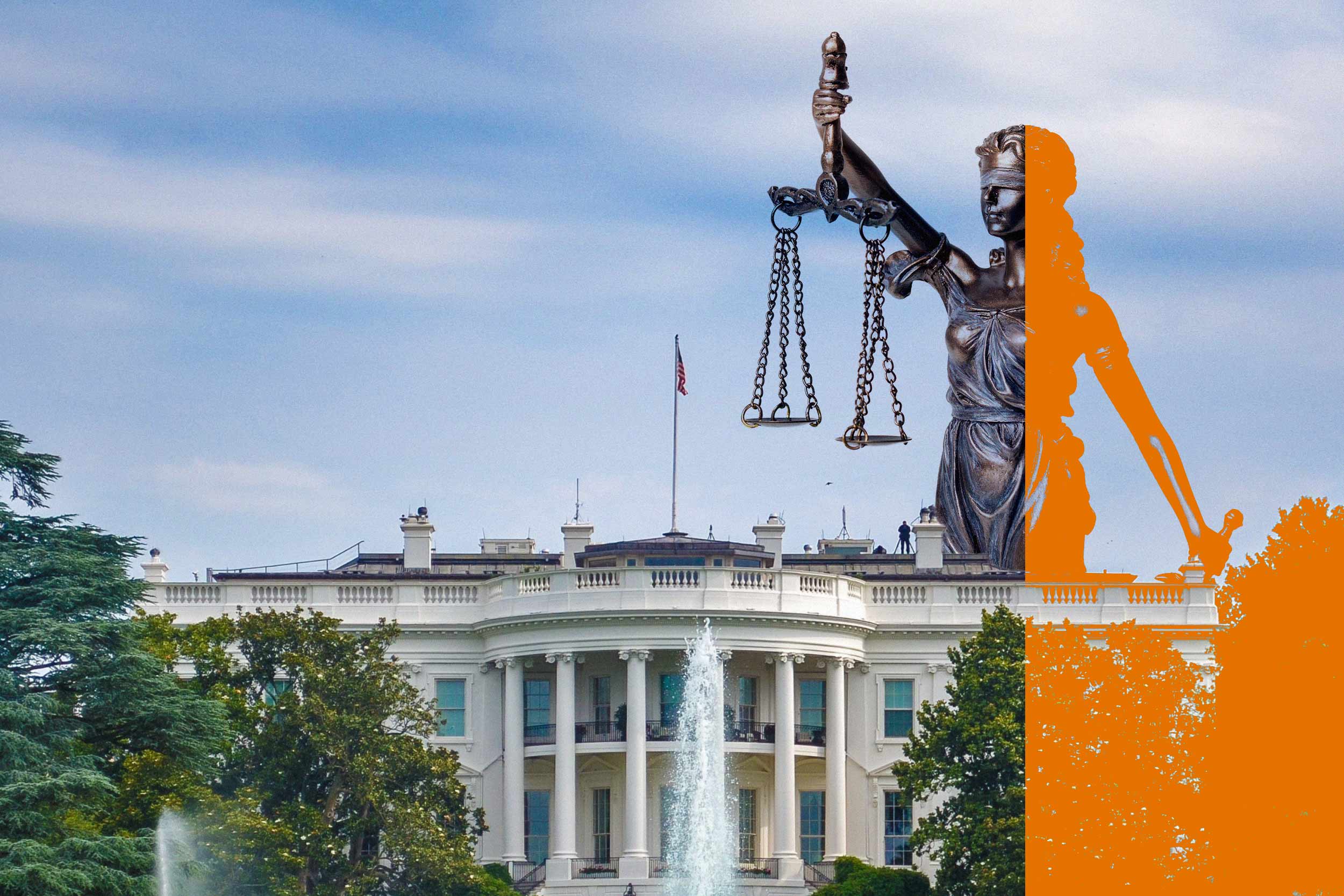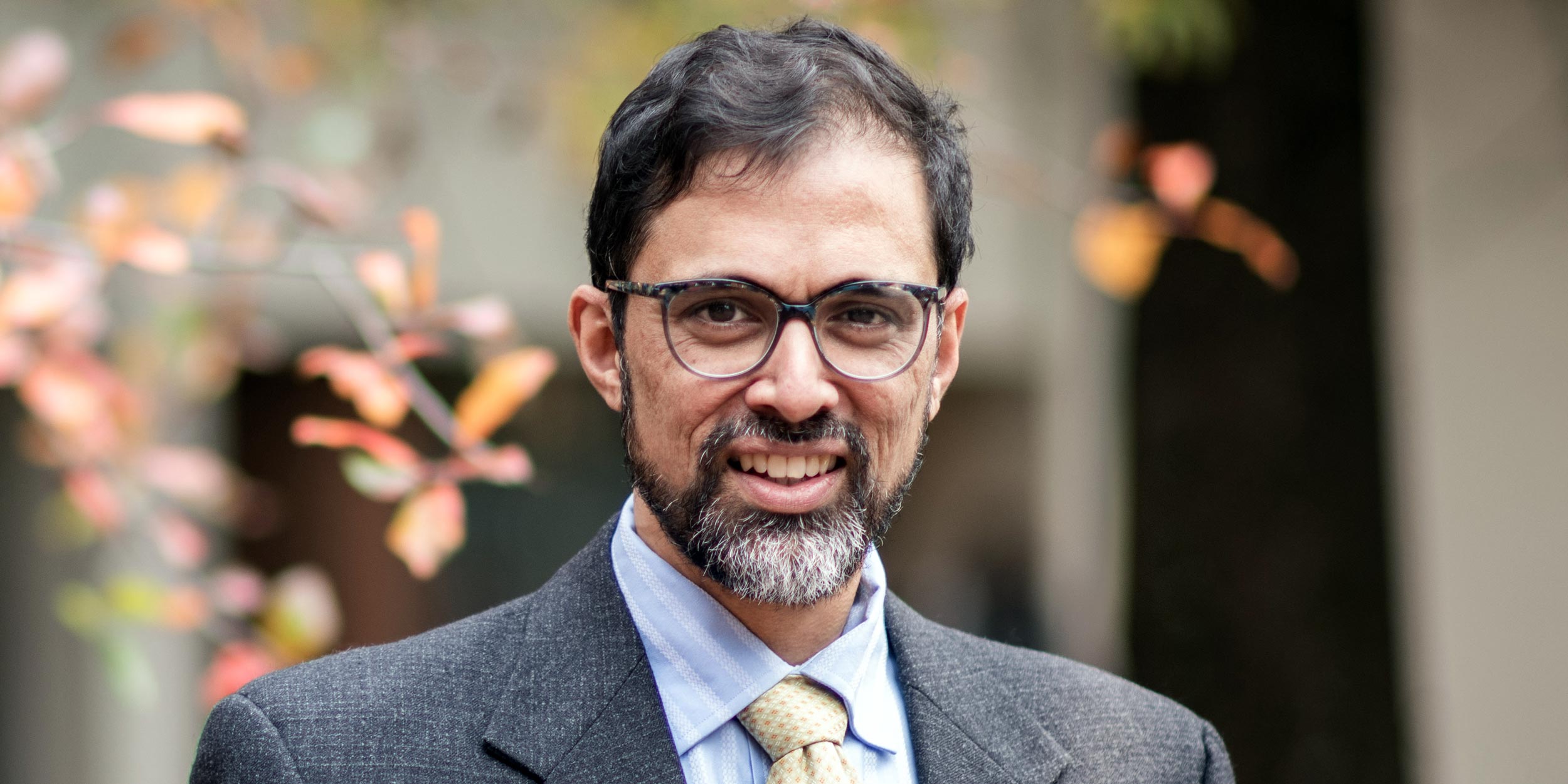Q. Where does the idea that the president is immune from criminal prosecution come from?
A. The Supreme Court has never held that a president is immune from criminal prosecution; it’s the Department of Justice that says that. And because the Department of Justice controls all the federal prosecutors, it means that no federal prosecutor, including the new special counsel [investigating Biden’s offsite storage of classified documents], can prosecute a sitting president. The Office of Legal Counsel in the Department of Justice thinks there’s such a rule in the Constitution because it believes a criminal indictment and prosecution – and of course, punishment – would effectively incapacitate the presidency. And they further believe it’s unconstitutional to incapacitate the sitting president, and that the only means by which you can [legally] incapacitate the president are impeachment, which removes the president from office, or the 25th Amendment, which sidelines an incapacitated president. The Office of Legal Counsel does not believe that a state prosecutor or even a federal prosecutor should be able to prosecute the president and eventually put him or her in jail, because they don’t think the Constitution would allow a local or federal prosecutor to incapacitate the chief executive.
The Office of Legal Counsel’s claim is grounded on structural intuitions of the same sort that led the U.S. Supreme Court to conclude that the president couldn’t be sued civilly for his official acts. In Nixon v. Fitzgerald, the court said [that private lawsuits grounded on the president’s official acts] would lead to distraction and distortion – the president would be distracted from his official duties and he might change his official policies in the wake of a civil suit.
Q. What do the Constitution and contemporaneous accounts say about the idea of immunity?
A. The Constitution grants some privileges and immunities to the Congress. Members of Congress can’t be arrested on the way to going to Congress. This was a rule designed to prevent the obstruction of congressional meetings by arrests of members of Congress. And members of Congress can’t be called into question for anything they say on the floor, which is a form of testimonial privilege. You can say whatever you want to on the floor, including something defamatory, and no one can sue you for it. So, these are privileges and immunities of members of Congress.
My paper argues that the president has one sort of privilege, which is a guaranteed salary, and then it looks at other constitutions, particularly state constitutions, where other executives actually had specific privileges and immunities written into the constitution. Certain executives couldn’t be convicted while they were governors – they had to wait until after they left office. Of course, the [British] crown had various privileges or immunities.
The presidency doesn’t have any of these immunities expressly in the Constitution. It has the salary privilege and nothing else, and if the founders wanted to grant privileges and immunities to the president, they would’ve done so. In the Constitutional Convention, Madison actually said perhaps we ought to consider what privileges and immunities the president ought to have. And then nothing comes of that suggestion.
Q. You point out a past case of a president facing arrest.
A. There’s an interesting anecdote where [Ulysses] Grant is frolicking on his horse, speeding up and down the streets of Washington. And he gets stopped by a cop – a Black police officer – who says, “You can’t do this, it’s illegal.” And he gives him a warning, but the president does it [again] the next day, and the police officer actually takes Grant down to the police station, which is a form of arrest. There’s a scheduled trial date. Grant doesn’t show up and doesn’t contest that he was doing this, and he ends up paying a fine. So, I argue that Grant evidently didn’t think that he was immune from arrest or criminal prosecution.
Q. So the Justice Department says the president is immune from federal criminal prosecution. What about civil suits?
A. The Supreme Court has said that the president can be sued for his private acts, and I think most people believe that encompasses his acts prior to president, but also his acts while he’s president. So, the theory is that the president does have some private acts – not everything the president does while he’s in the office is an official act. At the same time, the court has said the president enjoys immunity from civil damage actions for all his official acts and it extends to the outer rim of his official acts.
So, there’s a question about whether Trump’s actions on Jan. 6 and beyond are official acts that extended the outer rim of the president’s powers and responsibilities such that the Justice Department should defend him in these suits and should claim official immunity on his behalf.
Q. The Justice Department is conducting investigations of former President Trump on multiple matters that could lead to criminal charges. How can they reassure people who fear it’s a partisan exercise?
A. There will always be people who will suspect some partisanship lurking behind the decision, but there may be other people who are persuadable. [Yale Law School professor] Ian Ayres and I came up with this idea that before prosecuting a former president, the U.S. attorney or the special counsel ought to impanel what we call a “prosecutorial jury” consisting of former U.S. attorneys appointed by Republicans and Democratic presidents – an even panel of, hypothetically, 20 prosecutors – 10 appointed by Republican presidents, 10 by Democratic presidents. And if 14 or more believe that the former president has committed an indictable offense, only then should the special counsel seek an indictment from a regular grand jury.
If four or more members of the other party think the former president has done something illegal, that lends credence to the view that it’s not a partisan witch hunt. And of course, the reform we’re talking about would apply to any former president, meaning it would apply to former President Biden once he leaves office.






